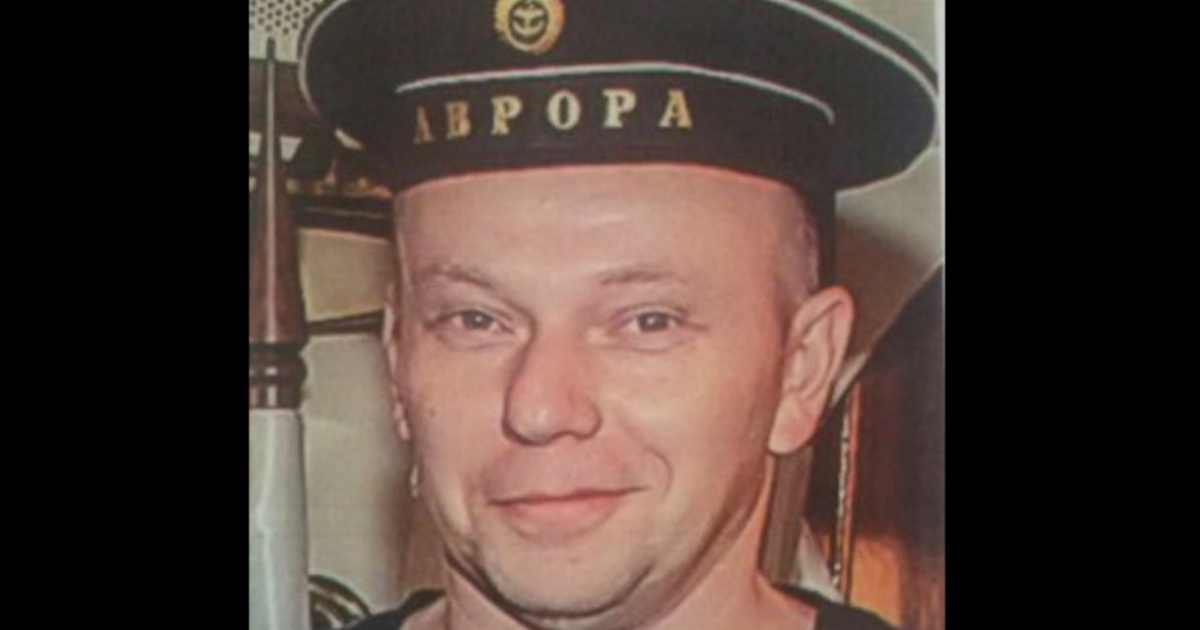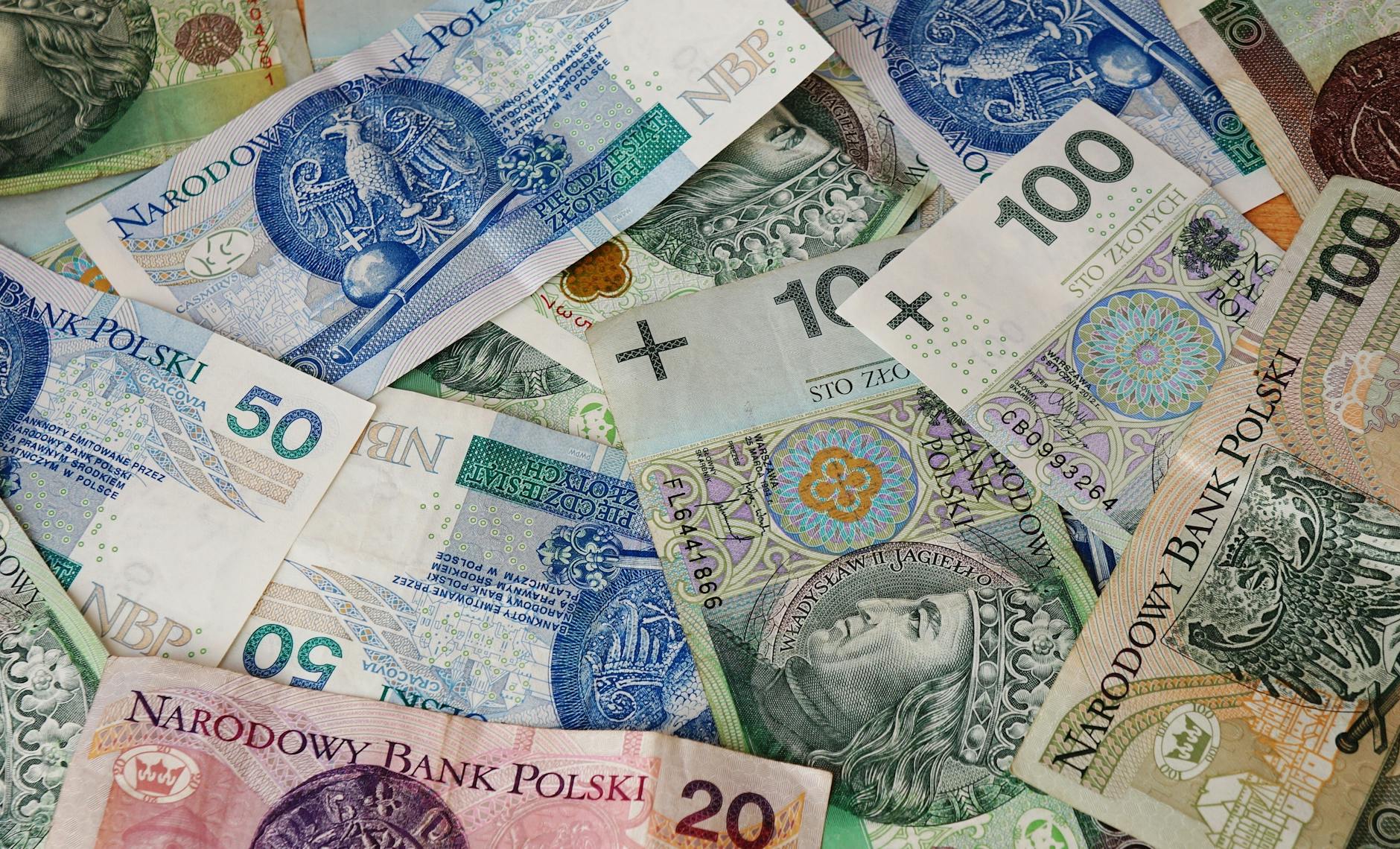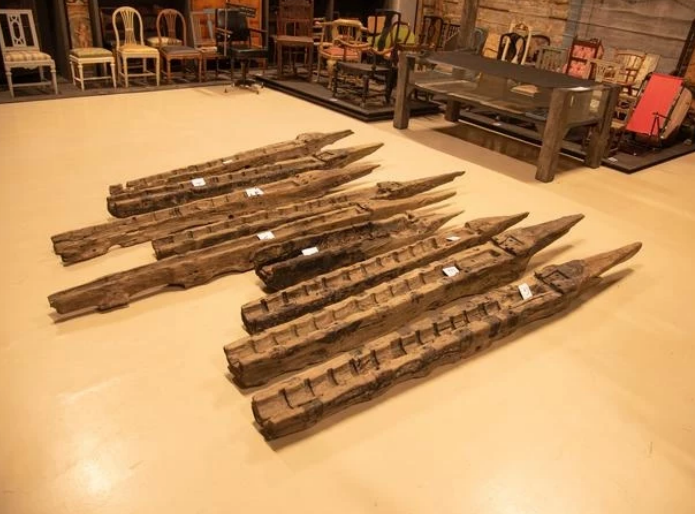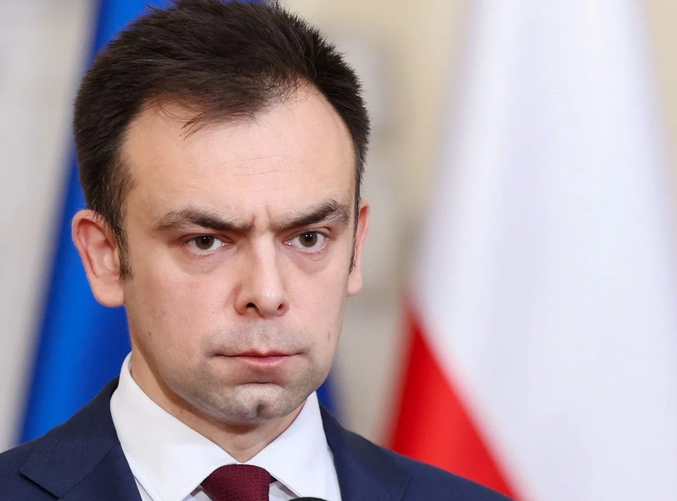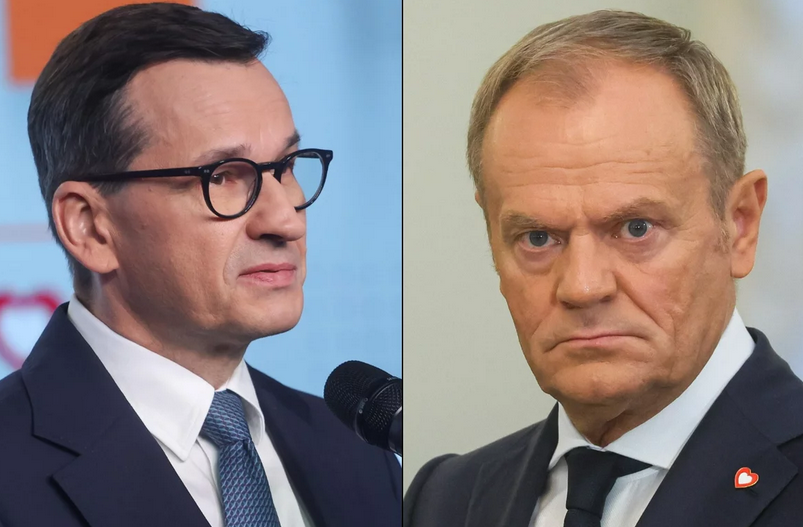"Romanticism is the covenant of the thought of a breakthrough in Polish character. Polish psychology is romanticist (...)".
Bolesław Piasecki
Is Romanticism a product of populism? How did the young generation of Polish national radicals from the 1930s draw from romanticist ideas? The publication “Nationalism, Romanticism, poesy in the 1930s” by Paweł Kuciński, an worker of the Institute of Culture and religion of the UKSW in Warsaw, seeks to answer these and a number of another investigation questions about the highly poorly explored passage of the past of the Polish national movement.
The impact of the subject on the function and importance of culture on the current activity of the inter-war national movement is present the least explored area of the national movement. This is definitely more due to the fact, small interest in the national creative function of culture in the present day than its erstwhile weakness or any quality. Therefore, the very fact that the scientist discusses an crucial part of this issue is simply a value in itself. Paweł Kuciński opens the door to the area of wealth, which was the cultural activity of the national movement. It shows how poetry, literature or widely understood culture in the ideology of young nationalists was to be a solid foundation in the process of building a conscious nation's needs and challenges, in which a young nation believed it had an thought of how to guide the nation and the state towards its glory. It is impossible to find another so rich in extended quotations of the work of the lyrical national movement a book position, in addition to having a rich technological apparatus. Already in the introduction, Kuciński analyses the past of Polish Romanticism surprises the thesis that romanticism, although in itself it is multidimensional, is politically coloured with populism. He besides believes that romanticism is part of the concept of cultural nationalism.
In Chapter 1 "National Democracy Against Romanticism“ The author is very efficient in the substance of the early national movement, indicating concrete examples of how romanticism viewed the generation of “old endeks”. The popular opinion is dominated by the belief that this generation from the ground was anti-romantic, perceiving romanticism through the prism of mad insurgents who carried the nation's oppressions of the possessor and the limitations of the nation's development. Nationals seen as advocates for rationalism and organic labour at the base in specified a way had to stand in contrast to romanticist exultations.
Kuciński points out that the cultural achievements of Polish Romanticism were present in the thought of the ideological mainstream national camp. As an example, he points to a individual Prof. Zygmunt Wasilewski, 1 of the closest collaborators of Roman Dmowski, who in his writings has repeatedly referred to the work of Polish romantics. The author emphasizes that Vasilewski emphasizes "the romanticist features of an individual conscious, exploring the soul of a nation with a critical assessment of that soul." This is the shortest chapter of the publication, and at the same time the most transparent in reception for the average reader curious in Polish national thought.
Chapter 2 ‘Ideas’ discuss the 3 essential elements of their social impact, youth, eternity and political idealism, from the point of view of the characteristics of "young" nationalists. erstwhile writing about the function of youth, the author emphasizes that the cult of youth was going along with highlighting the distinctness of young nationalists, in the opinion of erstwhile we can talk about the existence of the national movement in Poland. Here, among another things, he refers to the article Wojciech acidieborski, who stated in the magazine "The Youth Movement" that it is incorrect to recognise the origins of the National Democracy by operating with the concepts of specified creatures as the Polish League or the National League, due to the fact that Polish nationalism has much older roots. For he stated: “The first formulation of Polish nationalism was undoubtedly romanticism. Romanticism created a modern, intellectual notion of the nation, deepened and developed it; romanticism created in its own way and in its own kind – the concept of Polish historical thought; romanticism yet built a large and deep view of the world, a nationalist view, due to the fact that based on the thought of the nation."
This amazing national quote might actually be the motto of the full publication. It illustrates how insignificant our cognition of the cultural aspects of the influence of extremist activists of the national 1930s is. The experts discuss their economical views, their attitude towards national minorities or Sanation, but practically no 1 paid attention to the aspect rather well exposed in the press of that period.
While remaining on the subject of programming youth, the author draws attention to the aspect of the usage of Mickiewicz’s “Oda to Youth”, in the work of the leading poet of this generation, who was Konstanty Dobrzyński, which the Mickiewicz message enriched with an aspect of the perception of youth by the prism of its revolutionary usefulness, readiness to act here and now and deep belief in the ability to adapt the existing reality to the needs of the national revolution. The concept of eternity is connected here with idealism, which is the essence of the functioning of national-radical activists, idealism is simply a form of ethicalizing the political dimension of activity. Political idealism is simply a combination of religion and will. Kuciński in the author's opinion hurtfully stated that the people of the interwar idealized politics, but they themselves did not bring anything meaningful to it.
Chapter 3 ‘Against authoritative Romanticism” shows the attitude of national radicals towards the authoritative state explanation of romanticism coupled with sanitized propaganda. So in the chapter, we analyse 1 of the most classical antagonisms of ideological nationalists clashing with their political opponents, whose axis is the conflict for predestination between the nation and the state. The author brings us closer to how through poesy nationalists dealt with the deformed structures of the Sanctification State and its imagination of blind obedience to the State. He besides stresses the function of romanticism in the process of shaping the imagination of the nation among them. The chapter analyses the conflict of nationalist poets with the work and work of poets identifying themselves with the Pilsudczyk option. They are criticized for their creative smallness and shallowness, parroting cultural and literary patterns of European literature or representing in their work the mentality of national minorities.
A large deal of space in this chapter is besides devoted to the analysis of the conflict for a scheda after the romance between young Endecia and Sanation. Chapter IV ‘Oener Romanticism”, is characterized by the perception of romanticism by national radicals, in which in the foreground Catholic totalizm is emphasized, which Kuciński, let us emphasize, a technological worker of the UKSW, especially "enhances". Besides, 1 of the fewer things that is tiring in the author's communicative is his emphasis on the publications, that his worldview has nothing to do with the subject being studied. It's like all author of a book dedicated to liberalism thinks of liberality in private life.
Chapter one:Heritage of (romantic) extremism?” is an effort to repaint the national extremist movement as an utmost and full utmost that utilized poesy to manifest its aggressive attitudes, readiness to face force, both with the external enemies of the nation and interior enemies. Kuciński believes that young nationalists undertook an anti-inteligent crusade in the 1930s. It is hard to agree with this thesis due to the fact that it indicates that they themselves did not come from intelligent environments, which is evidently not true. The social strength of ONR's influence was not labour militias, but brilliant, highly intelligent students. However, they were surely critical of Polish intelligence as a whole. These are the least lenses from the chapters of the book, but even in it the author concluded his thoughts, stating that the lyrical readiness to fight Germany, declared in his work, found real confirmation, both in September 1939 and throughout the war.
The publication has many fragments of Polish national poetry. These are practically unknown tracks. Published in well-known journals specified as “Simple from the Bridge”, “Falanga” “Young Nationalist”, or little well-known “Young Movement”, “Cultural Movement”, although lyrical works published in virtually unknown diary “Orlęta” are most frequently cited.
Quoted national poets intertwine on the pages of a book with the theorists of nationalistic culture. The UKSW scientist quotes, among another things,: Jerzy Pietrkiewicz, Wojciech Wasiutyński, Stanisław Piasecki, Bolesław Piasecki, Tadeusz Glosiński, Wojciech Lubieborski, Włodzimierz Pietrzak, Konstanty Ildefons Galczyński, Władysław Jan Grabski, Karol Ludwik Koniński, Tadeusz Dworak, Stanisław Kozicki, Onufre Bronisław Kopczyński, Wilhelm Szewczyk, Tadeusz Gajcy and Jan Emil Skiwski. In contrast to the views of young people, the author frequently quotes the “old man” he became for the purposes of the work mentioned above Vasilewski.
Kuciński moves very smoothly between individual press titles, leaders of individual sections of the national movement, and is able to show phenomena in a broader context, whether social or European. He discusses the cooperation of national radicals with 1 of the factions of the Pilsudczyk Sanacja. On the occasion of the debate on national poetry, he besides criticises the ideological-cultural face of Sanation.
The book serves as an crucial reason for a better knowing of the genesis of the creation of an environment centered around the “Art and Nation” magazine during planet War II. It turns out that the ideological foundations of the environment came from the 1930s and were updated due to the outbreak of the war, which overturned the geopolitical order in Europe, and this in turn forced extremist people of the time of war to halt preaching totalitarian concepts for the search for the alleged 3rd way. This component was eluded by practically all SiN scientists. Kuciński himself did not mention that the view of the culture of the national radicals of the 1930s was reflected in the ideology of the "Art and Nation" magazine during the years of occupation.
The publication is equipped with a technological apparatus, but it is not the 1 who is hard to learn from this publication, but the author's communicative overloaded with technological language. The book is simply a position for a made reader, requires at least basic cognition of the past of the Polish national movement or literary currents. due to its pioneering character, it can be an excellent starting point for researching cultural aspects of the functioning of the national movement.
In conclusion, it is worth referring to the equally fresh publication here, due to the fact that besides from the year 2022, which is the biogram “Romanticism in National Democratic Thought” published in the first volume of the National Movement Encyclopedia under the editorial board of Krzysztof Kawęcki by Professor Grzegorz Kucharczyk. Of course, both authors undertook to bring the ideologically related topics closer to readers, which does not mean that they are analogous subjects, but there is simply a deficiency of the biographo of Prof. Kucharczyk, for example, to signal the problems discussed in the work of the investigator of the University of Warsaw.
Arkadius Miksa
In the photo: Tadeusz Gajcy (il. from the book “Tadeusz Gajcy. A Tale From Another World” Warsaw 2022.
Paweł Kuciński, “Nationalism, Romanticism, poesy in the 1930s” UKSW technological Publishing House, Warsaw 2022, p.386.
Think Poland, No. 11-12 (12-19.03.2023)





